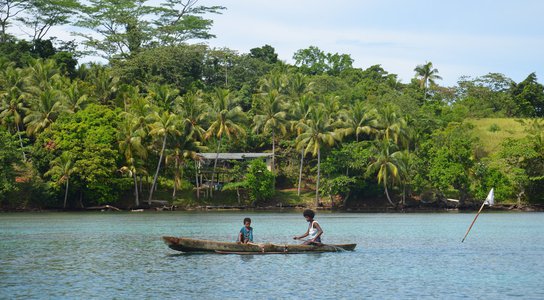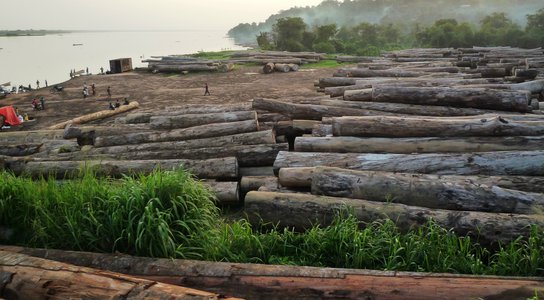This briefing has been prepared in order to contribute to the development of EU policy on tackling illegal logging and related trade through the review of its Forest Law Enforcement, Governance and Trade (FLEGT) Action Plan. It outlines why and how corruption is a persistent problem in the logging sector and sets out recommendations for the EU.
Corruption is rife in many of the developing countries that supply the EU market with tropical timber. These countries are often characterised by inadequate basic freedoms (freedom of expression, freedom of information) and weak rule of law. Corruption can be found at all stages of the timber trade – from the harvesting of timber, its transportation, processing, manufacturing, exporting, importing and selling. This further exacerbates the destruction of forests with devastating consequences for local communities, biodiversity and the environment.
As a key consumer market for tropical timber, and with bilateral agreements in place with many of these countries, the EU is uniquely placed to promote and pursue fundamental reforms to tackle corruption in partnership with timber producing countries. Bilateral agreements currently in place (Voluntary Partnership Agreements) under the EU’s FLEGT Action Plan lay some of the foundations for tackling corruption, but these have not always been followed through with meaningful reforms and have tended to emphasise technical elements without addressing more fundamental challenges in producer countries. The scale of the corruption challenge requires a fresh approach that goes beyond these technical elements.
The EU should raise the issue of corruption up the political agenda with producer country governments; re-orientate policies to address key dimensions of an anti-corruption strategy – accountability, transparency, participation and integrity; and strengthen enforcement of EU Timber Regulation to tackle corruption risks in the EU’s timber supply chain. Without this three pronged approach, corruption will continue to blight the EU’s timber supply chain and fatally undermine the EU’s own efforts to reform the sector and tackle the trade in illegal timber with disastrous consequences for forests, biodiversity, local communities and the climate.
You might also like
-
Campaign Forests
Irresponsible businesses including financial institutions are driving the destruction of climate-critical tropical forests, and the communities and biodiversity that rely on them.
-
Report Blood Timber
How Europe played a significant role in funding war in the Central African Republic.
-
Report Exporting Impunity
European and US company executives could face fines and even jail time for trading with Congolese logging companies accused of systematic illegal logging and social and environmental abuses, our exposé warns.